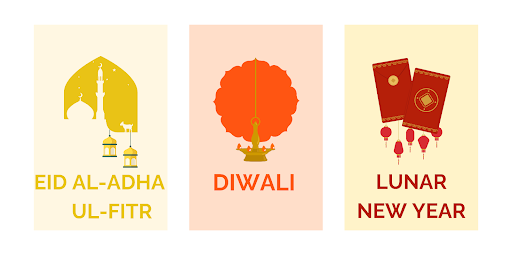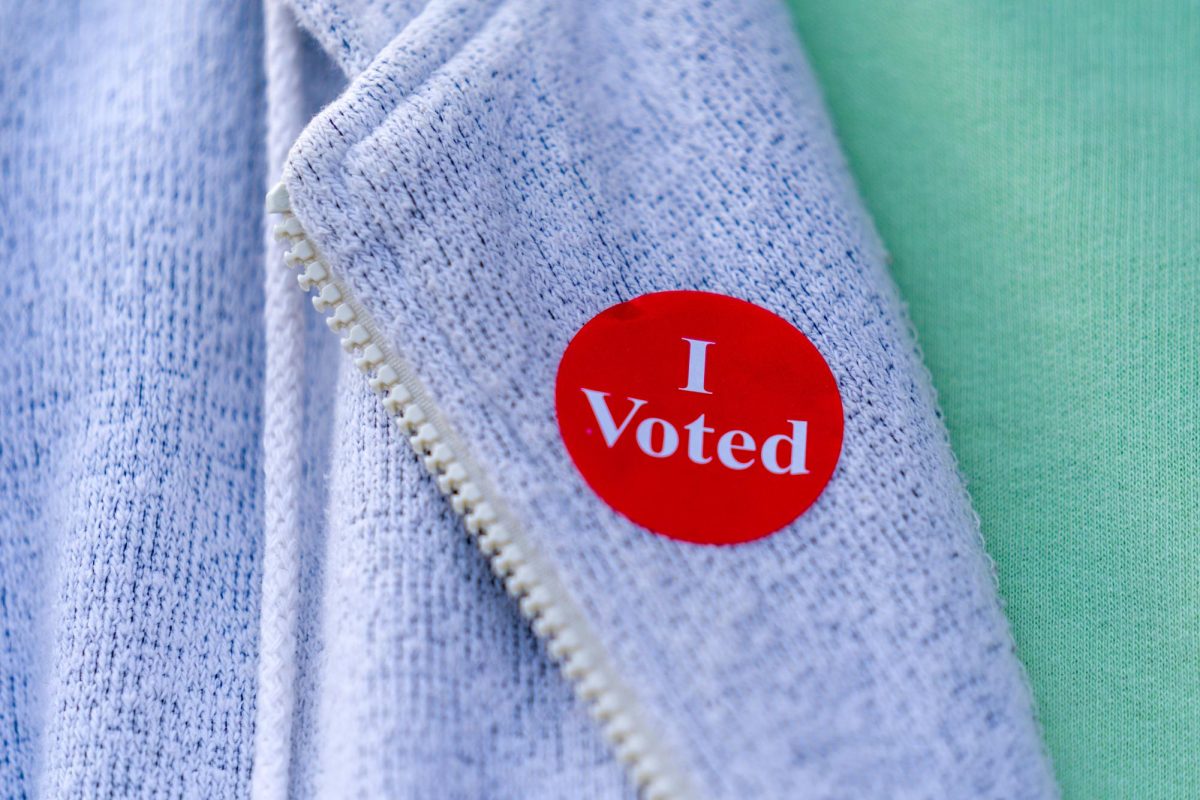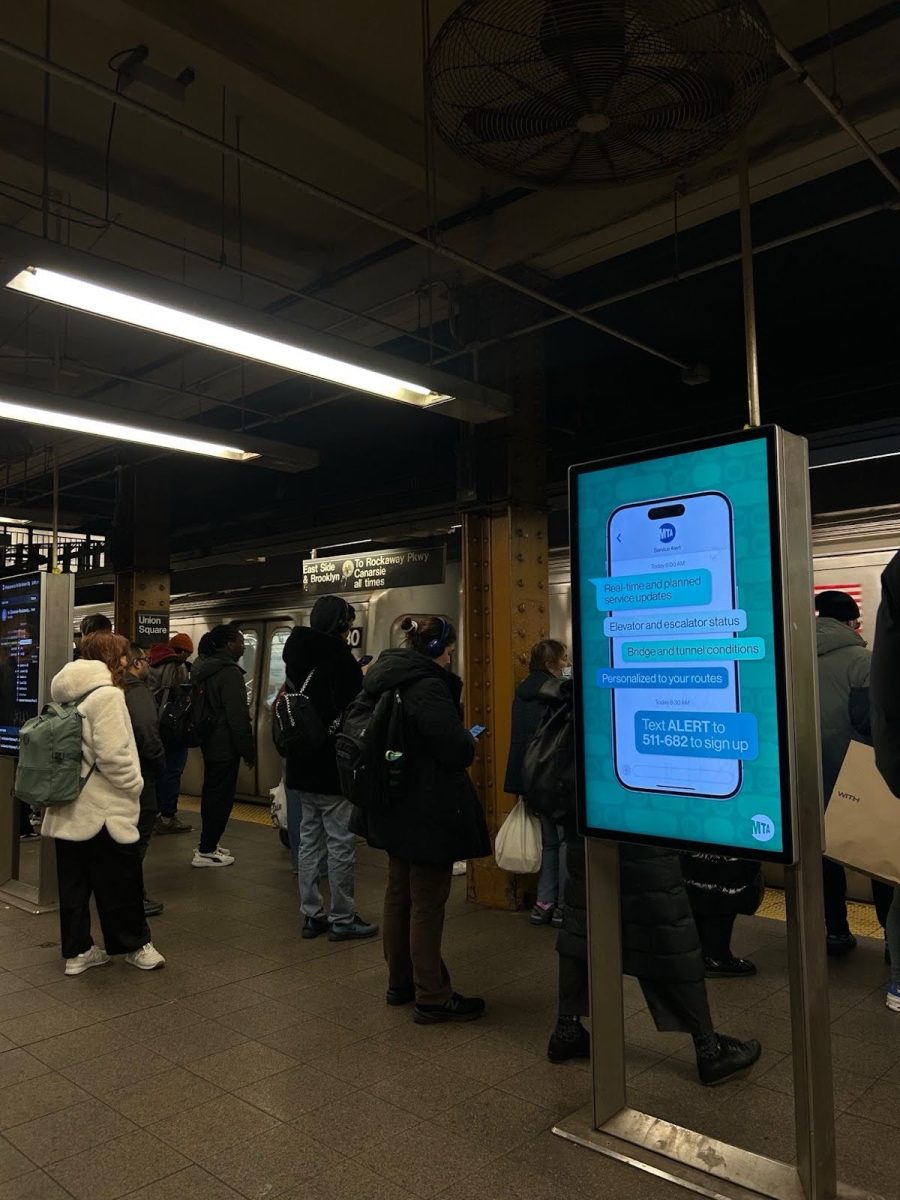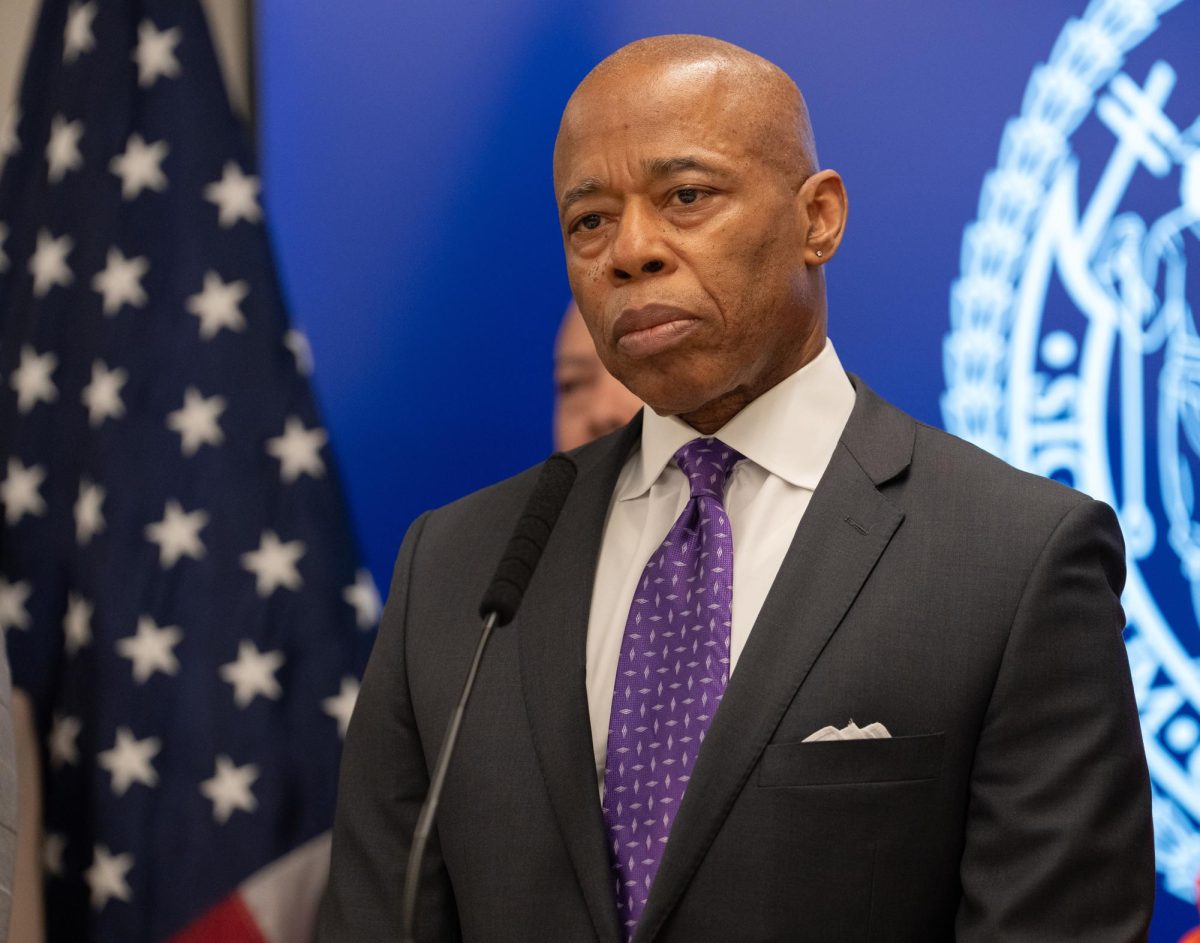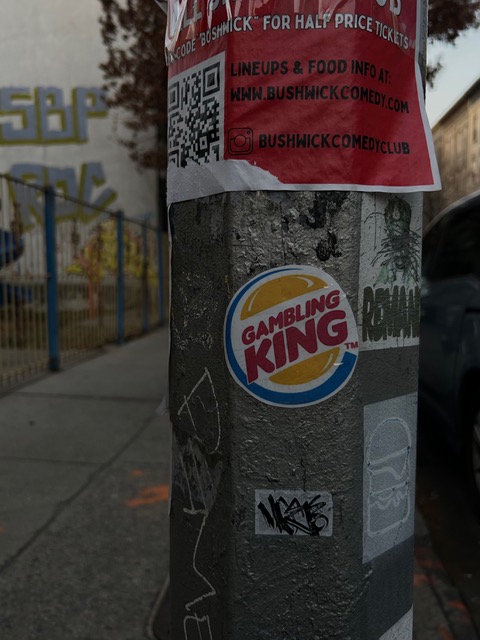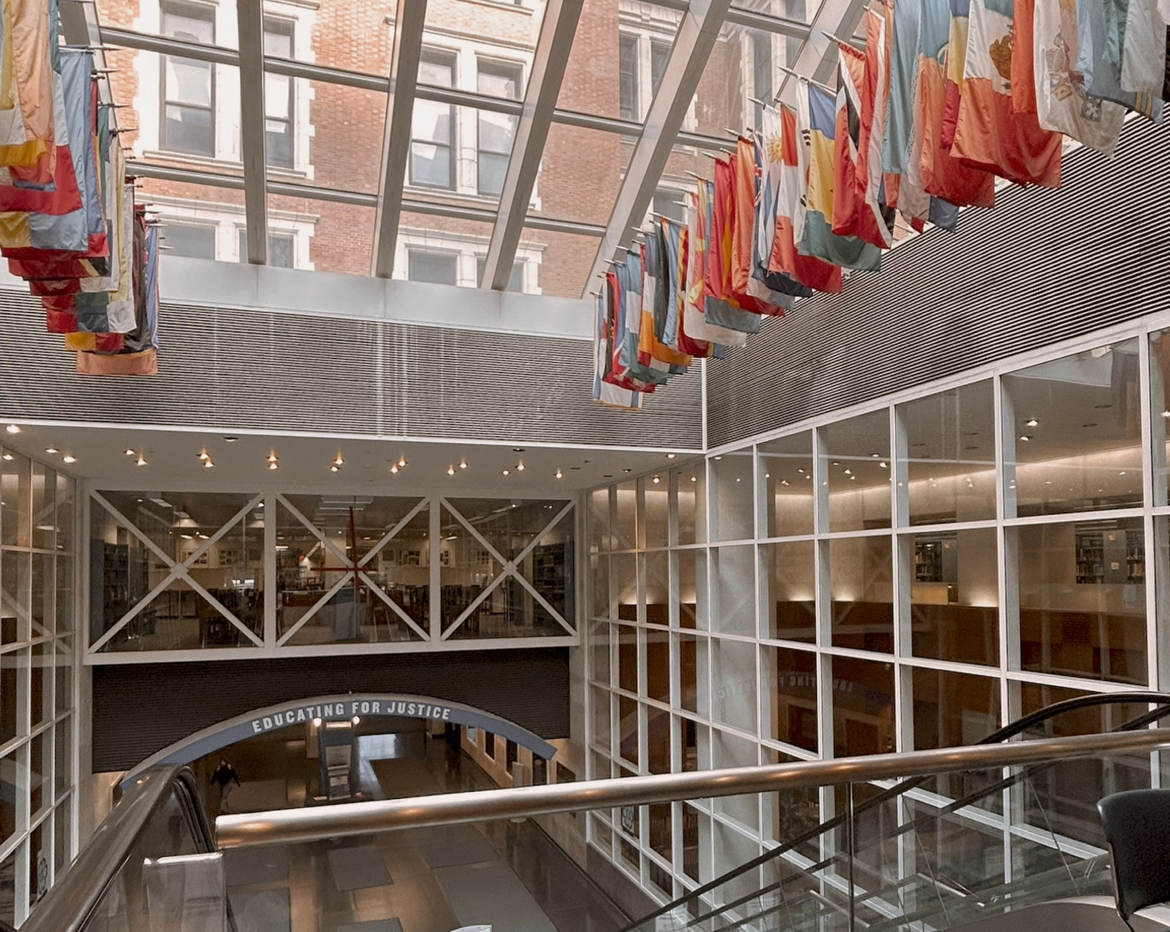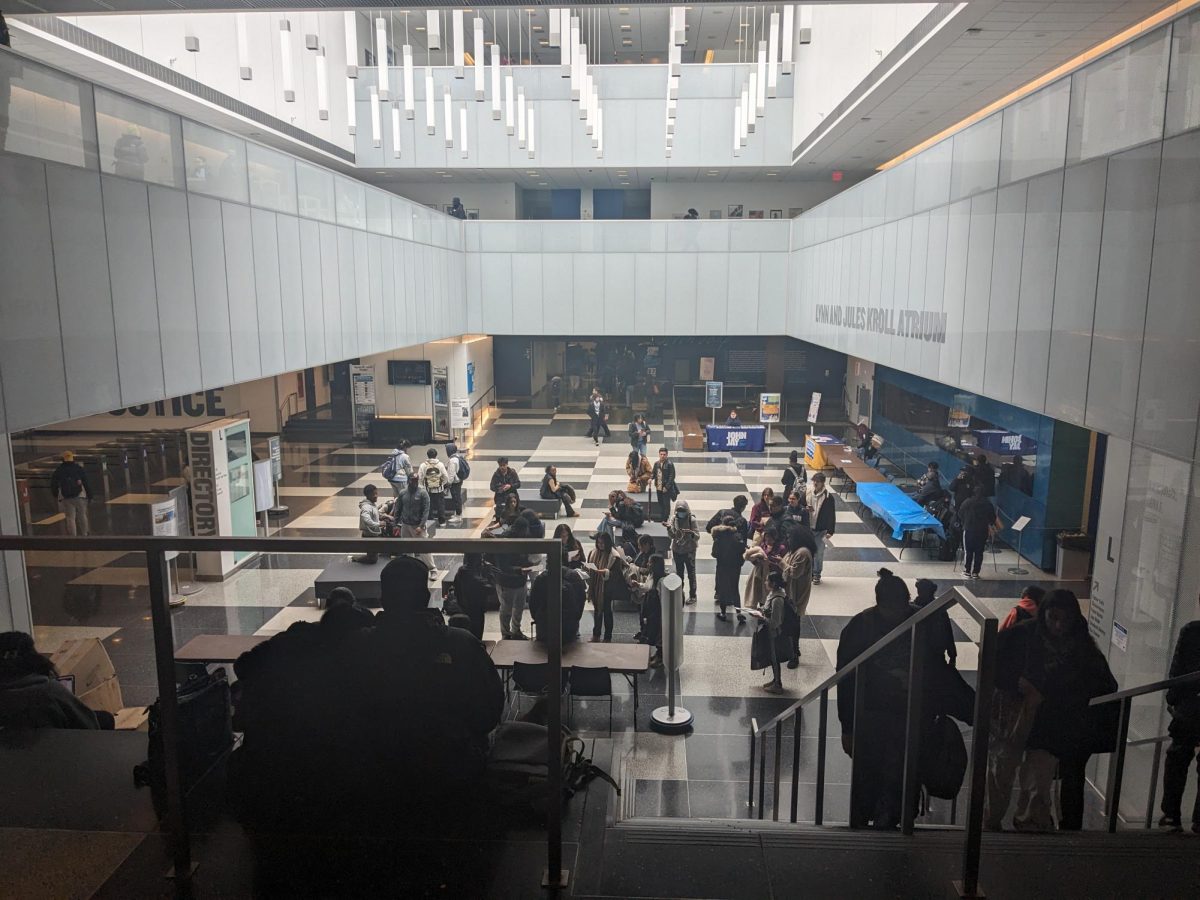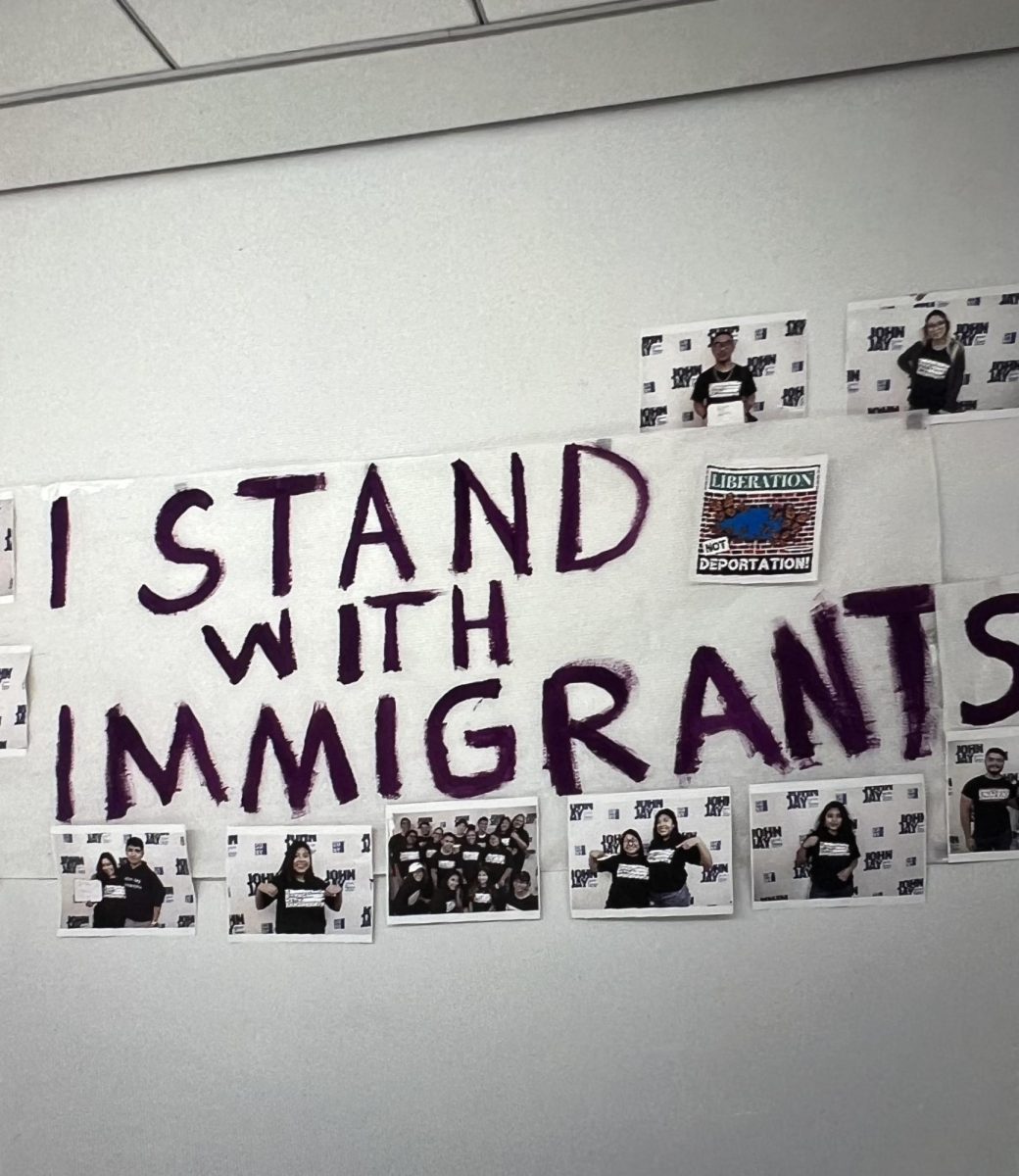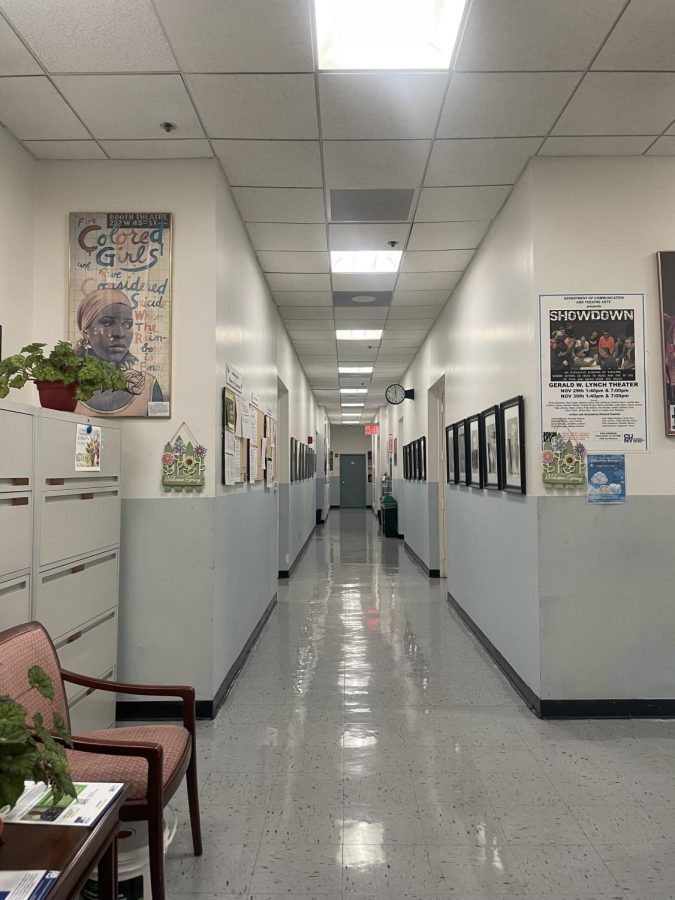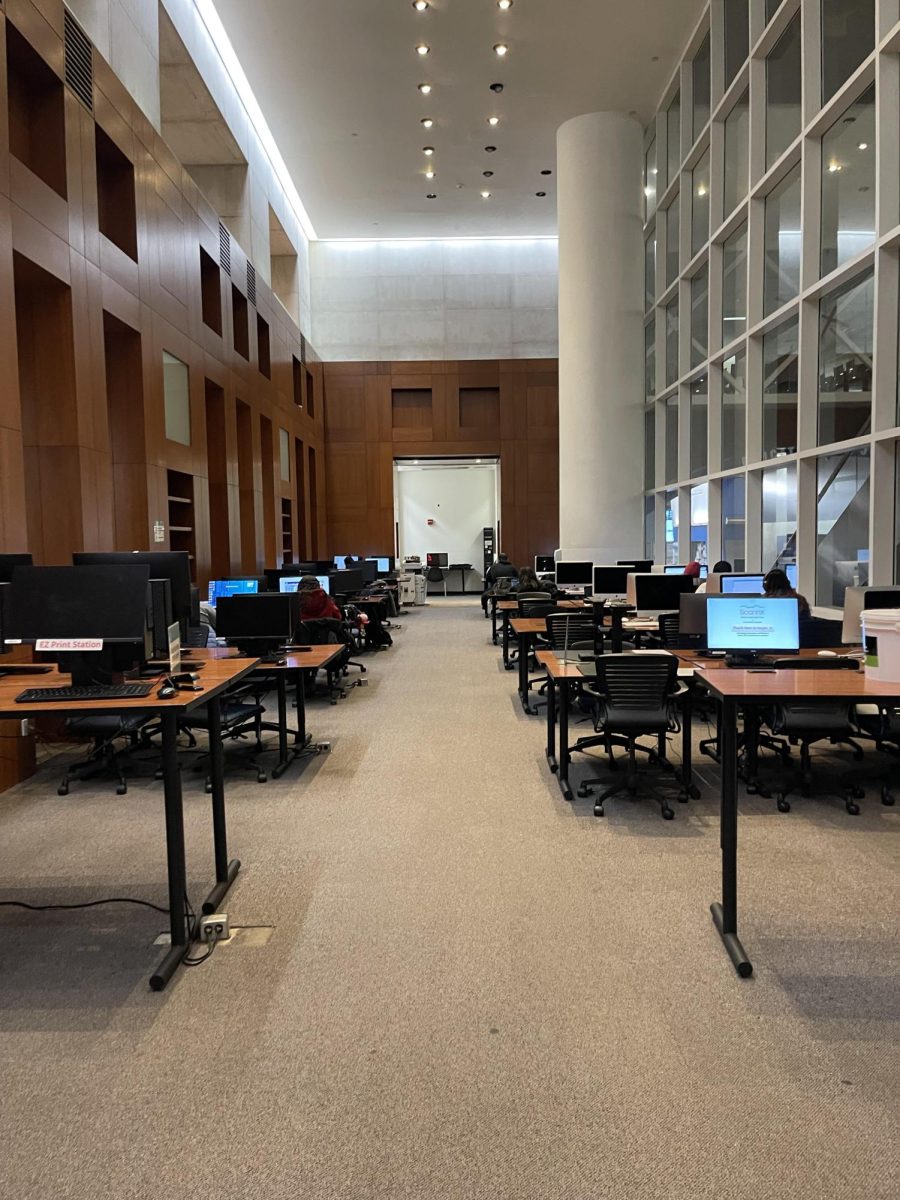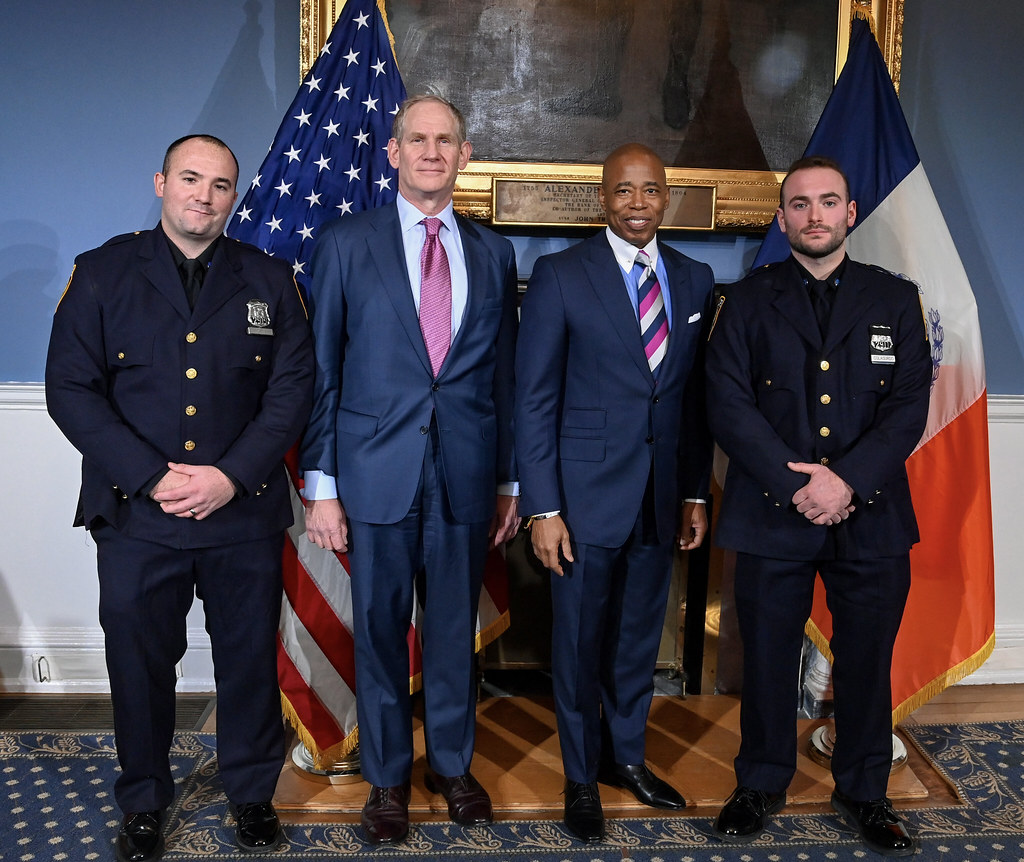The insufficiency of religious and cultural accommodations within CUNY’s academic calendar illustrated the broader struggle for inclusivity in higher education. However, all of this is set to change beginning in 2025.
On Wednesday, February 14, 2024, CUNY Chancellor Matos Rodríguez officially announced a groundbreaking decision.
“I’m so proud to tell you that CUNY is now one of the first universities in the nation to designate Lunar New Year, Eid al-Fitr, Eid al-Adha, and Diwali as official instructional holidays,” he said. “This historic change brings CUNY in line with NYC public schools, and shows our commitment to advancing equity for our students.”
Rehnuma Hyder, a Bengali-Muslim student at John Jay, praised CUNY’s decision for reflecting New York City’s diversity.
“NYC is known as a melting pot, and CUNY plays a significant role in that,” she remarked. “Although it took some time, this decision demonstrates that CUNY is committed to valuing the beliefs of its students.”
Despite the diverse opportunities amongst CUNY campuses, including the Faith FULL Interfaith Fellowship, the decision to abstain from observing closures during religious and cultural holidays such as Diwali, Eid al-Fitr, Eid al-Adha, and Lunar New Year prompted inquiries into CUNY’s inclusivity policies.
Eid al-Adha and Eid al-Fitr are two significant Islamic holidays Muslims globally celebrate. Eid al-Adha, or the “Festival of Sacrifice,” emphasizes the importance of sacrifice, obedience, and gratitude. Eid-al Fitr, also known as the “Festival of Breaking the Fast,” marks the end of Ramadan, the holy month of fasting, prayer, reflection, and community. Both days provide opportunities for Muslims to strengthen bonds with family and friends and engage in acts of worship and charity.
Mariam Saab, a member of the Muslim Student Association at Hunter College, commented on the decision to include Eid al-Adha and Eid al-Fitr as official holidays.
“This is definitely a positive step forward in promoting inclusivity,” she said. “It also helps students learn about unfamiliar cultures and holidays in a positive way, especially since students appreciate having days off.”
Zayn Qazi, a Muslim revert studying at City College, added, “Students, including myself, no longer feel isolated or overlooked by the administration. I now feel a sense of pride and belonging at CUNY.”
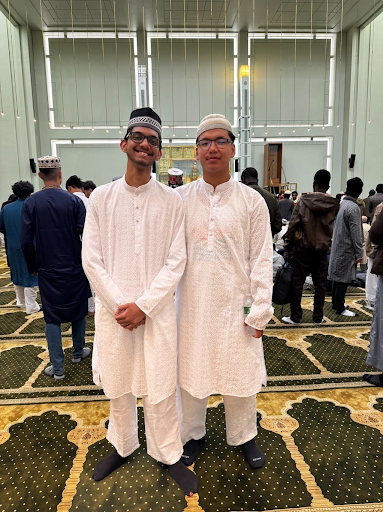
Diwali, deriving from the Sanskrit word “Deepavali,” which means “row of lighted lamps,” is one of the most significant festivals in Hinduism. During Diwali, families gather to perform prayers, seeking blessings and prosperity for the coming year. This day symbolizes the triumph of good over evil, showcased by the illumination of homes and streets with rows of oil lamps, candles, and lights.
Arijit Das, a law and society major at John Jay, reflected on no longer having to compromise between education and culture.
“Individuals no longer have to choose between honoring their personal traditions and managing their academic responsibilities. They can perform both duties without facing any barriers,” he said.
Mim Dey, a sophomore studying computer science at City College, also noted, “Diwali is one of the biggest holidays in our Hindu religion. If we have the freedom to practice any religion openly, we should also be given the opportunity to celebrate it properly.”
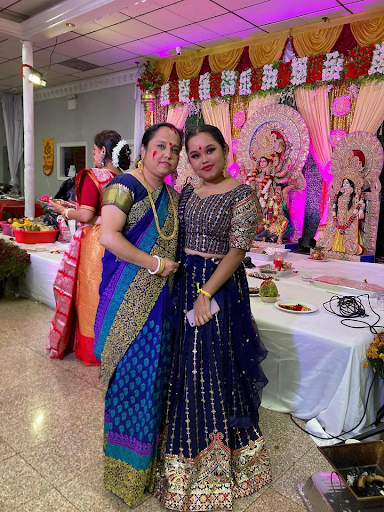
Lunar New Year, also known as Chinese New Year or Spring Festival, is a significant celebration in many Asian cultures. Families gather for reunions, share meals, exchange gifts, and honor their ancestors. This day is a time for renewal, reflection, and hope for happiness and success in the coming new year.
Shiying Xu, a sophomore majoring in nursing at Hunter College, reflected on the impact of the decision on students’ mental health.
“Some ceremonies take the whole day, so having a day off means less stress for students,” she said.
Christina Chan, a freshman majoring in accounting at Baruch College, shared, “It feels validated to have Chinese culture be acknowledged as an official holiday. It’s a step in the right direction in embracing Asian culture.”

Although not celebrating any of the four holidays, Professor Marisa Tramontano, a sociology lecturer at John Jay, recognized the significance of CUNY’s decision within a broader context.
“The entire academic calendar is dominated by Christian hegemony – no Sunday classes, the semesters revolve around a Christmas break and the Gregorian new year, Spring Break usually takes Easter into account, and so on,” she explained.
CUNY representatives’ landmark decision to observe closures on Eid al-Fitr, Eid al-Adha, Diwali, and Lunar New Year signals a significant step forward in fostering a campus culture that values diversity and cultural expression.
As Professor Tramontano expressed, “I’m thrilled that CUNY went another way and decided to honor holidays important to our large Asian, Muslim, and Hindu student populations.”


